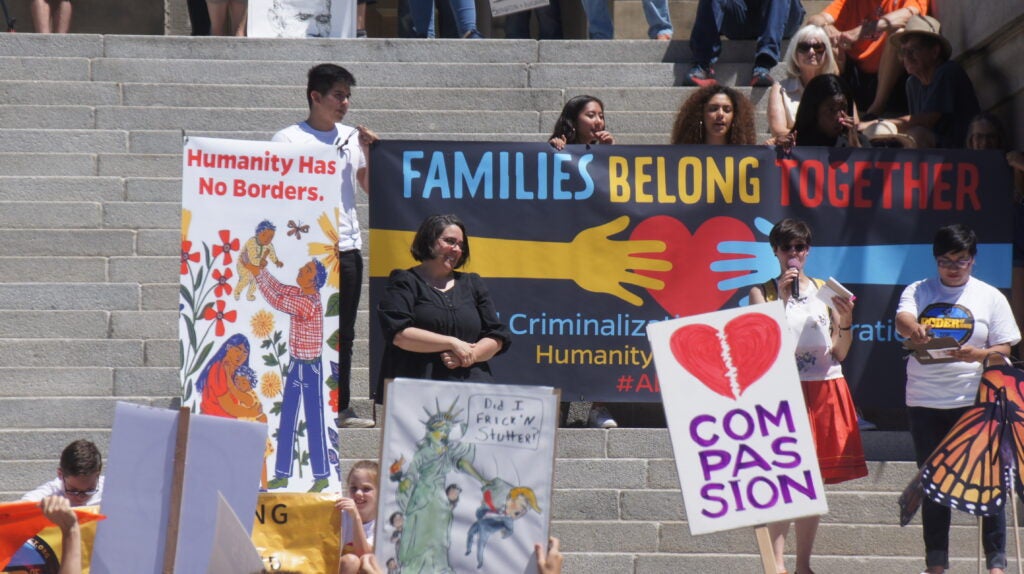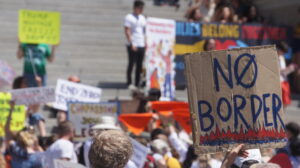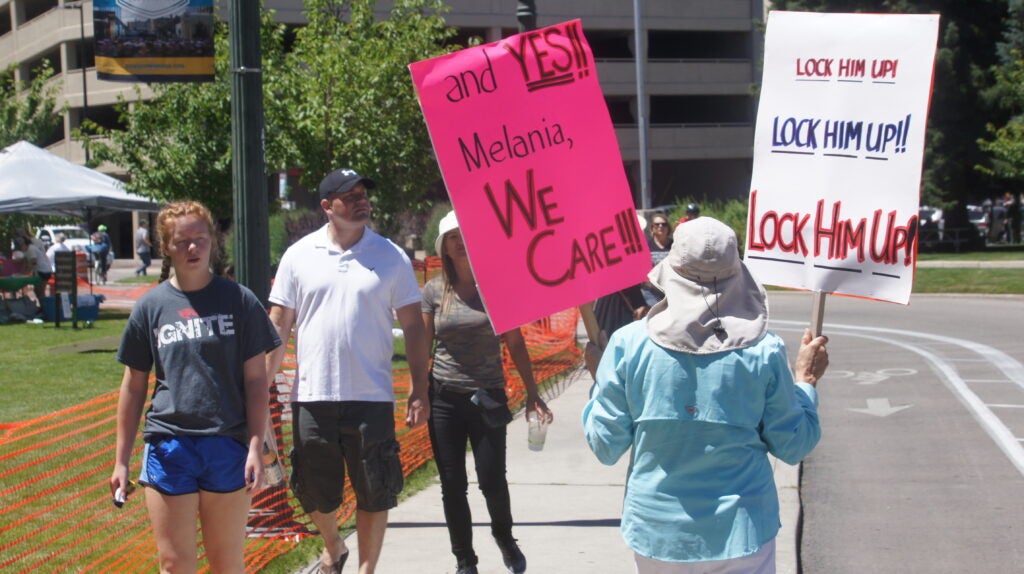
In the early 60s, when I was about five years old, my mother took my brothers and me to the Statue of Liberty. She was not fond of elevators, and so, more than 50 years later, I still have clear recollections of my fears and tears during that long, 20-story climb.
I also recall the lines from Emma Lazaraus’ poem on the Statue of Liberty’s pedestal.
“Give me your tired, your poor,
Your huddled masses yearning to breathe free,
The wretched refuse of your teeming shore.
Send these, the homeless, tempest-tossed to me,
I lift my lamp beside the golden door.”
My childhood distress is nothing compared to the terror currently experienced by the more than 10,000 children who have been removed from their parents’ custody at the US border. Whatever a person’s views on immigration, migration, and border security may be, they should be alarmed that our government is allowed to cause harm to these children.
Family Separation Must Adhere to Ethical Principles
This separation of parents from their children has been condemned as wrong and immoral by prominent organizations, including Catholic Charities USA, Girl Scouts of the USA, United Way Worldwide, American Heart Association, Habitat for Humanity, Lutheran Services, National Council on Aging, Volunteers of America, and the YWCA.

The difficult decision to remove a child from parents’ custody is made daily by social workers in Idaho, who practice under a strict set of laws and rules. As a licensed social worker, I am dismayed at the malpractice being committed by workers with the Department of Homeland Security, abetted by the Department of Health and Human Services.
Children are removed from parents’ custody only for the safety of the child and to minimize future harm—services are provided to the family and child to reunify the family as soon as possible, and to minimize the long-term negative effects of the separation. When children are removed, there are purposeful efforts made to ensure continued contact between the child and family. Social workers also make every effort to have relatives care for children, rather than to place them with strangers or in group facilities. The key principles underlying any action taken by child welfare in Idaho are to operate in the best interests of the child, and to minimize trauma.
None of these efforts are being made by the federal government for children taken into custody at the border.
In Idaho, over 92 percent of children in foster care spent time in a family setting. In contrast, when the Department of Homeland Security separates children from their parents at the border, they are first placed in secure holding facilities for up to three days, then spend an average of 51 days in group shelters—but Health and Human Services has been running out of space, so children spend more time in holding facilities without adequate bedding or other facilities, and are then warehoused in tents, cages, or other inadequate shelters. No efforts are being made to ensure continued contact between parents and children. There appear to be no timelines for reunification, and no efforts to minimize trauma—the key principle appears to be zero tolerance, consequences be damned.

Child development experts are clear that there can be long-term consequences following the separation of children from parents. The Harvard University Center on the Developing Child points out that healthy development in babies and children requires the availability of at least one primary caregiver—group facilities do not provide a consistent, responsive caregiver. Furthermore, high levels of persistent stress, such as those found in inadequate group shelters, can lead to serious negative lifelong impacts.
In the least, we should expect the federal government to follow the standard of care expected in the child welfare system by social workers at the state level. I expect more—I expect the federal government to live up to Lazaraus’ poem, and the ideals symbolized by that great icon in New York Harbor that I visited all those years ago.
Magen is the director of the School of Social Work. He can be reached at randymagen@boisestate.edu.